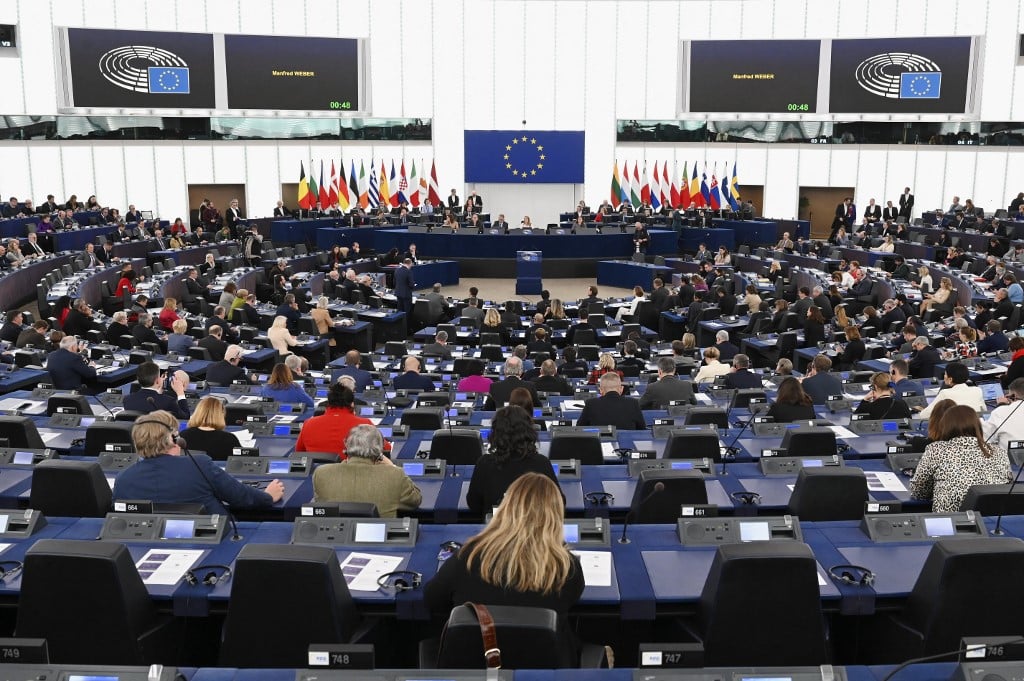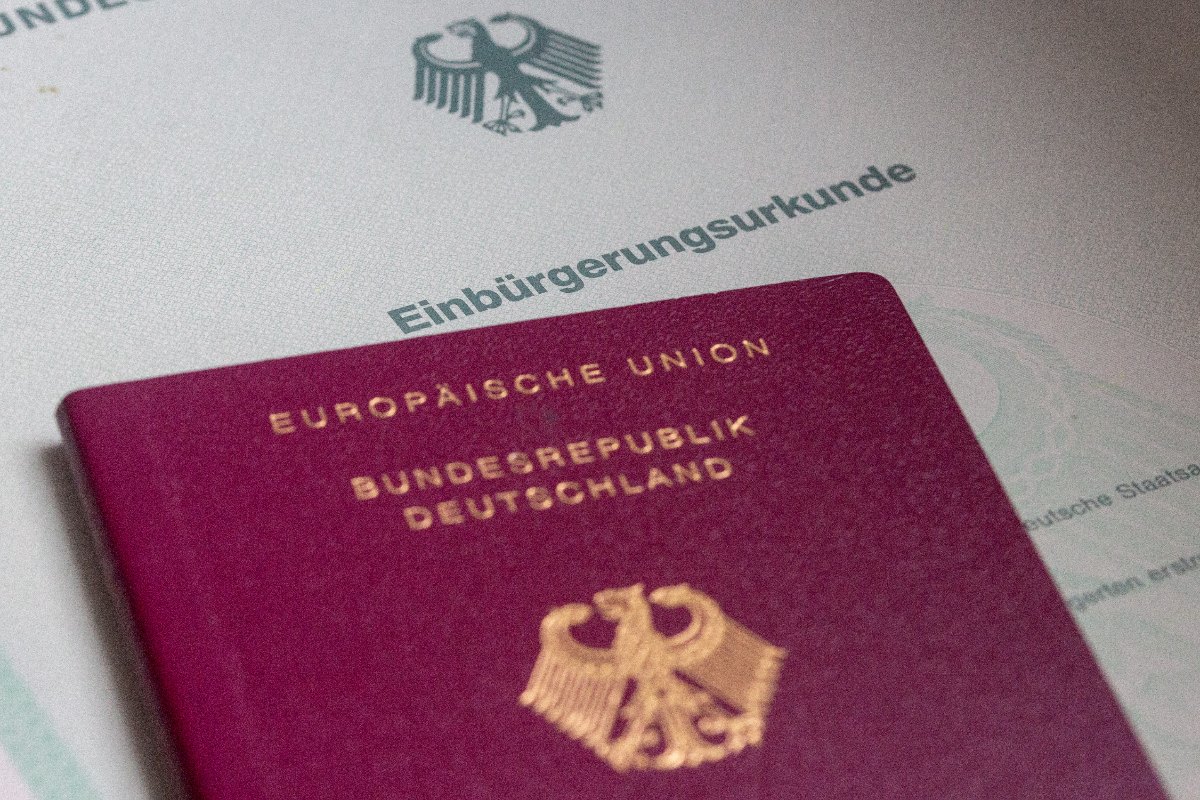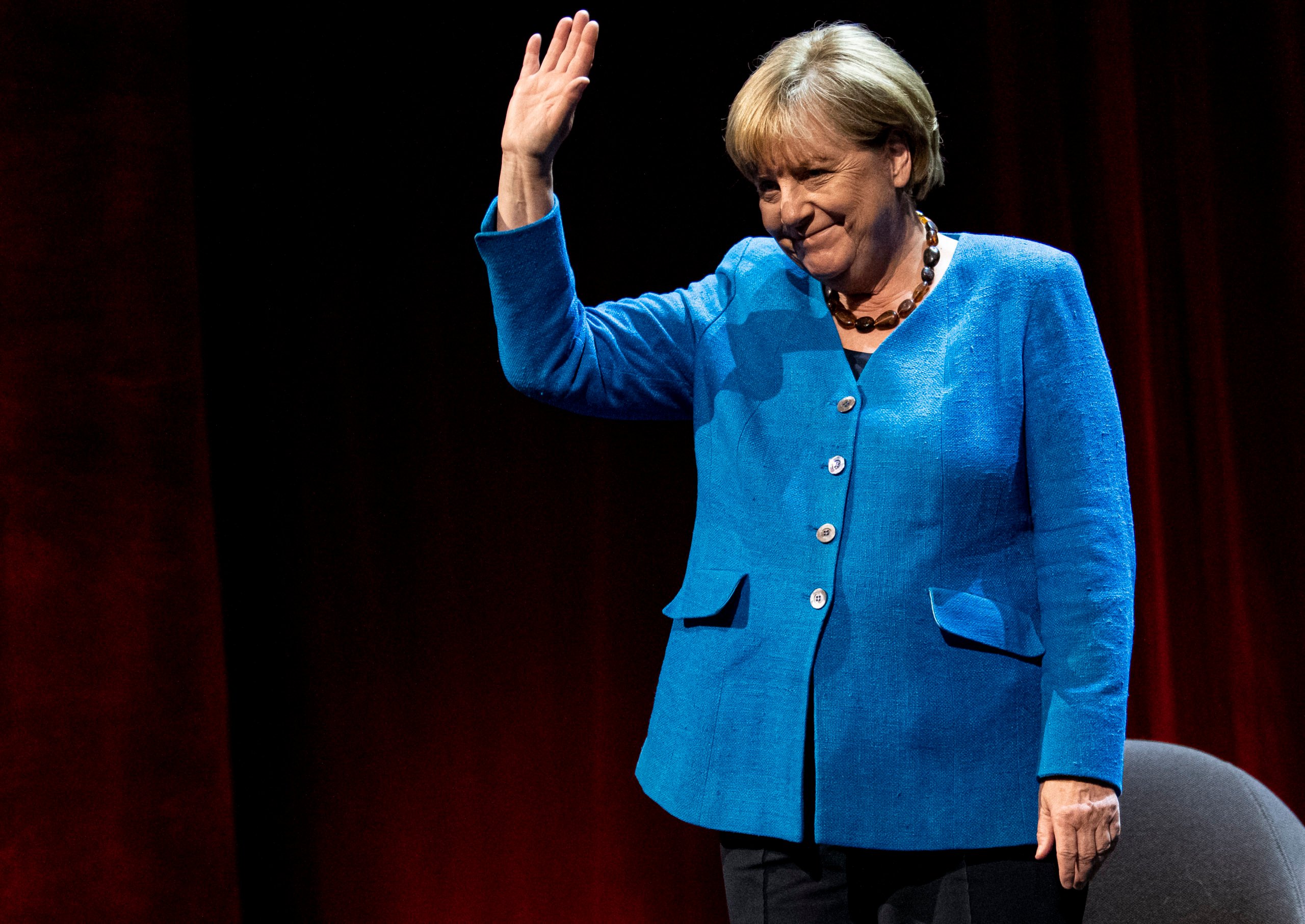Europeans around the continent will go to the polls in early June for one of the largest democratic votes in the world – the European Parliament elections.
Although turnout tends to be lower than for national elections, Germany has the largest number of seats up for grabs of any EU country – with 96 seats at stake. German politicians also use the European elections as an indicator for how each of the parties are doing at home.
When to vote
Voting takes place in Germany at local polling stations on Sunday 9th June 2024 – although there are options for voting in advance.
Polling stations will be set up in the same places as for national, state and local elections – usually town halls, leisure centres and other public buildings.
If you’re eligible to vote, your polling station is written on a voter card – or Wahlschein – sent to you in the mail. If voting in person, you must vote at the one specified – which is usually the closest to your registered residence.
Polling stations open at 8:00 am and close at 6:00 pm on the day itself. If you prefer to vote in advance, the Wahlschein will have instructions on how to request a postal ballot – or the address and opening hours of where you can vote early.
However you vote, you’ll typically need to bring your Wahlschein and a piece of ID with you, showing your European nationality.
EXPLAINED: What’s at stake in the European parliamentary elections?
Who can vote?
All EU citizens legally resident in Germany are eligible to vote in the European elections in Germany. They don’t need to be German to do so.
In fact, European elections work in that EU citizens vote where they live in Europe – not in their country of origin. A Spanish national living in Germany will vote in the European election contest taking place in Germany.
On the flip side, German nationals – including dual nationals – who live in Spain would vote there, not here in Germany.

Anyone aged 16 or over can vote in Germany – even if the required age is higher in their home country.
British citizens – who don’t have another EU nationality – used to be able to vote in European elections before Brexit, such as in the 2019 elections. That is not the case this time. Of course, if a Brit living in Germany has since gotten German citizenship, they are eligible to vote.
If you’re a non-German EU citizen and have previously voted in an election in Germany – either local or European – you should still be on the electoral roll.
If not, you will need to register to vote by May 19th. German citizens – including dual nationals – are automatically registered and don’t need to send in registration.
READ ALSO: How to register to vote in the 2024 European elections
How does the election work?
MEPs are elected once every five years, with the most recent election having been in 2019.
Each country is given an allocation of MEPs roughly based on its population size. The European Parliament currently has 705 MEPs. As the most populated country in the EU, Germany has the most seats, while the smallest number belong to Malta with just six.
However, MEPs sit in the European Parliament with their party group – not according to country – and are elected to look out for European interests rather than purely national ones.
MEPs are elected through direct proportional representation via the ‘list’ system, so that parties gain the number of MEPs equivalent to their share of the overall vote. The further down the list a name appears, the less likely that person is to be heading to parliament. Higher ranking politicians tend to be higher up the list.
PODCAST: What makes Berlin’s techno scene so unique and how will Germany vote in EU elections?





 Please whitelist us to continue reading.
Please whitelist us to continue reading.
Member comments